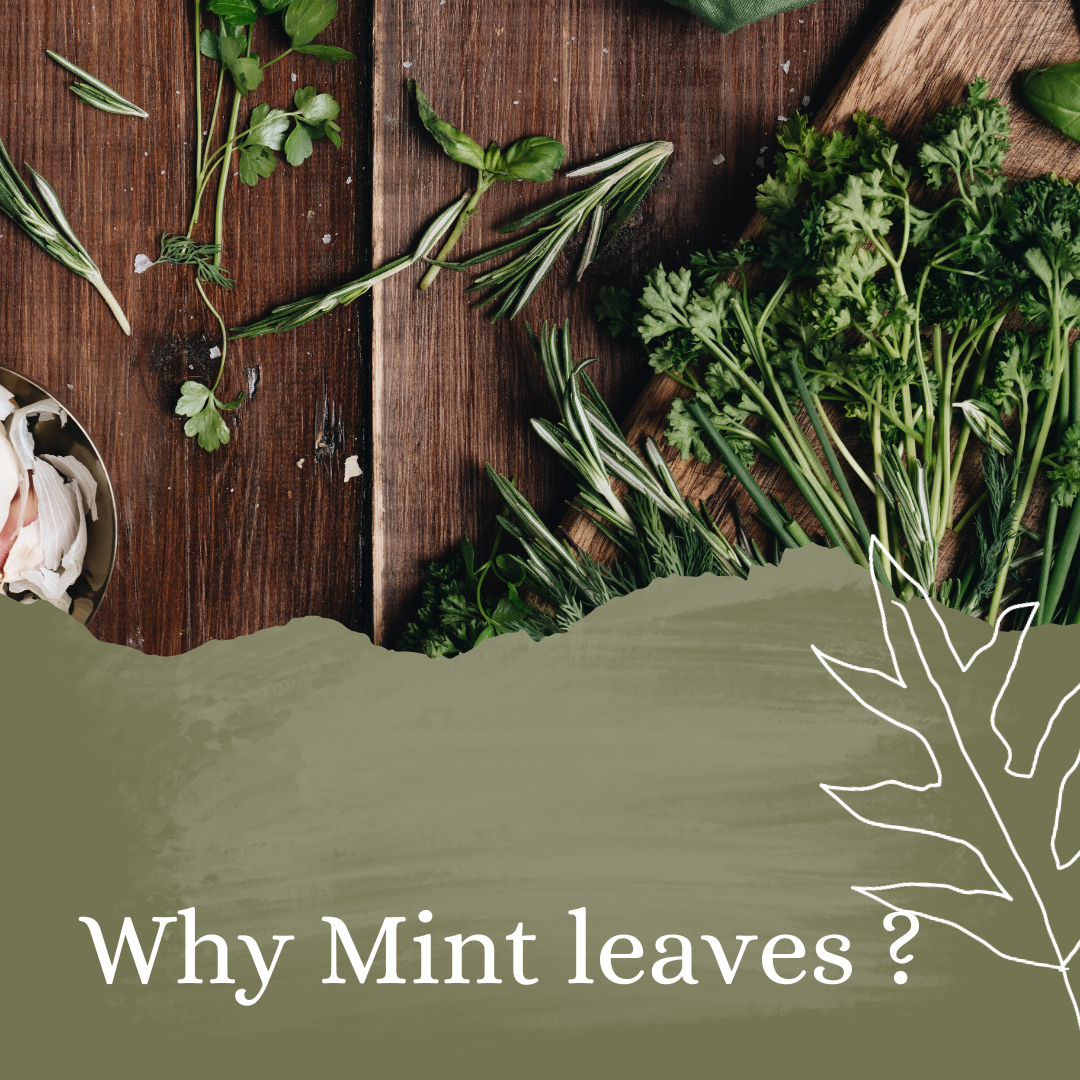Mint is a popular herb that can be used fresh or dried in many dishes and infusions. Mint oil is in many beauty products and is also used in toothpaste, gum and candy. Mint includes one of the highest antioxidant capacities. Usage of mint in daily life helps to cut down on sodium intake. Prefer on how to incorporate more mint into the diet, and any potential health risks associated with consuming mint and health benefits of mint.
Mint Water Recipes
This is a very healthy and tasty infused water recipe, good for hot summer days and when you have guests over.
- 2 quarter water
- 1 lemon sliced
- 2 limes sliced
- ½ mint leaves
- ½ cup sliced cucumber
Method:
- Pour water into a pitcher
- Mix lemon slices, lime slices, cucumber slices and mint leaver together in a bowl; add water and stir
- Refrigerate the mixture for 2 to 3 days until flavors have infused, stir 1 time per day.
Health benefits of mint tea
Mint tea is an herbal tea, also known as a tisane or infusion, which has been used for centuries to treat a variety of ailments. Available in a wide variety of types, the two most popular mint teas are peppermint and spearmint.
- Soothes Upset Stomach
- Improves Digestion
- Treats Bad Breath
- Combats the Common Cold and Reduces Fever
- Improves Mental Awareness and Focus
- Prevents Nausea
- Reduces Stress
- Promotes Healthy Skin and Hair
Benefits of drinking mint water in the morning
As it give a refreshing effect so this is the perfect starter of a day. Healthy drinks come in all shapes and sizes, but this one is especially detoxifying. Lemon and mint water is fresh and invigorating. It easily starts the metabolism and helps you awaken after a night of sleep. After several hours without water, It gets you hydrated, so keep it at first thing in the morning.
In addition, You can sip it throughout the day. It’s the perfect alternative for those who struggle to drink enough water because they do not care for the taste. It has a tart and sweet taste from the mint and lemon. Even if you enjoy the regular taste of water, this mix is a great way to mix things up and enjoy a treat. Instead of high-calorie juices and sodas, you can enjoy this drink. Not only do you avoid the bad ingredients, you add a few extra healthy ingredients to your day.
Mint leaves in Water
The combination of mint leaves and water always results in providing a soothing and refreshing effect on the person.
- Rich in Nutrients
- May Improve Irritable Bowel Syndrome
- May Help Relieve Indigestion
- Could Improve Brain Function
- May Decrease Breastfeeding Pain
- Subjectively Improves Cold Symptoms
- May Mask Bad Breath
- Easy to Add to Your Diet
Medicinal Uses of Mint
Mint has a number of health benefits and some are mentioned below:
- Allergies
- Breast-feeding
- Common cold
- Indigestion and gas
- Irritable bowel syndrome (IBS)
- Gastric ulcers
- Pain relief
- Skin
- Oral health
Mint Leaves Benefits for Weight
Mint is excellent to manage blood sugar levels too. Additionally, a bunch of mint leaves could help you lose a pound or two. Here’s How mint leaves aids weight loss:
-
Aids digestion
2. Boosts metabolism
3. Low calories
Uses of Mint Leaves
Here Are 10 Ways to Use Fresh Mint:
- Add mint to Greek yogurt with berries
- Make your own mint tea to help increase your metabolism
- Change up your protein smoothie
- Try strawberry, mint & basil with balsamic
- Make a minty lime fizzler
- Try watermelon, basil, mint salad with feta
- Make my Watermelon Mint Pops
- Quinoa Tabouli With Parsley & Mint
- Chopped Summer Kale Salad Recipe
- Mediterranean Herb Quinoa Salad Recipe
Benefits of Mint Leaves On Skin
Mint is a derived source of menthol and has strong antibacterial properties. It is often used in astringents, moisturizers and toners. Some benefits for your skin are as below:
- Brightens Your Complexion
- Treats Acne
- Soothes Mosquito Bites And Other Irritations
- Hydrates Your Skin
- Tones Your Skin
- Gets Rid Of Blackheads
- Rejuvenates Your Skin
- Slows Aging
- Lightens And Removes Acne Scars
- Diminishes Under-Eye Dark Circles
Benefits of Mint Leaves on Hairs
Menthol also offers healing benefits. Rubbing menthol on your skin causes the nearby blood vessels to widen and increases the localized blood flow. Blood transports fresh nutrients to repair the area and carries away any generated waste. That’s why menthol is so beneficial in treating hair loss. This handy oil helps to increase blood flow to the scalp and creates the optimum environment for encouraging hair growth.
If your hair is thinning, then after sectioning off your hair, apply the mixture(half dozen drops of menthol with tablespoon of extra virgin coconut oil) to your scalp and gently massage until the oil is absorbed. Leave the mixture on overnight (consider covering your head with a soft cotton wrap and/or your pillowcases) and then wash your hair the next morning. Apply twice a week until you get the desired result.
Side Effects of mint leaves
Mint can have side effects too. Do not use mint in an attempt to soothe digestive issues if your symptoms are related to gastroesophageal reflux disease (GERD). It can worsen symptoms. If peppermint oil is taken in larger doses, can be toxic. Pure menthol is poisonous, should never be taken internally. Avoid mint oil to the face of an infant or small child, as it may cause spasms that inhibit breathing. Avoid mint products if you have or have previously had gallstones.
Speak with your health care provider to determine whether any of your medications could interact with mint or mint oil.

